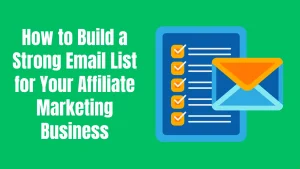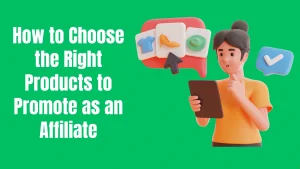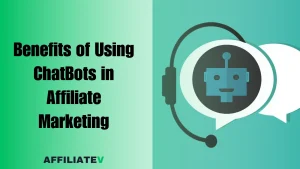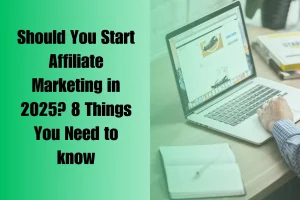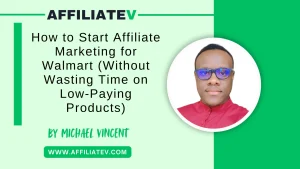Is WhatsApp good for affiliate marketing? Discover the real pros, hidden risks, and smart ways to use WhatsApp to boost affiliate sales without getting banned.
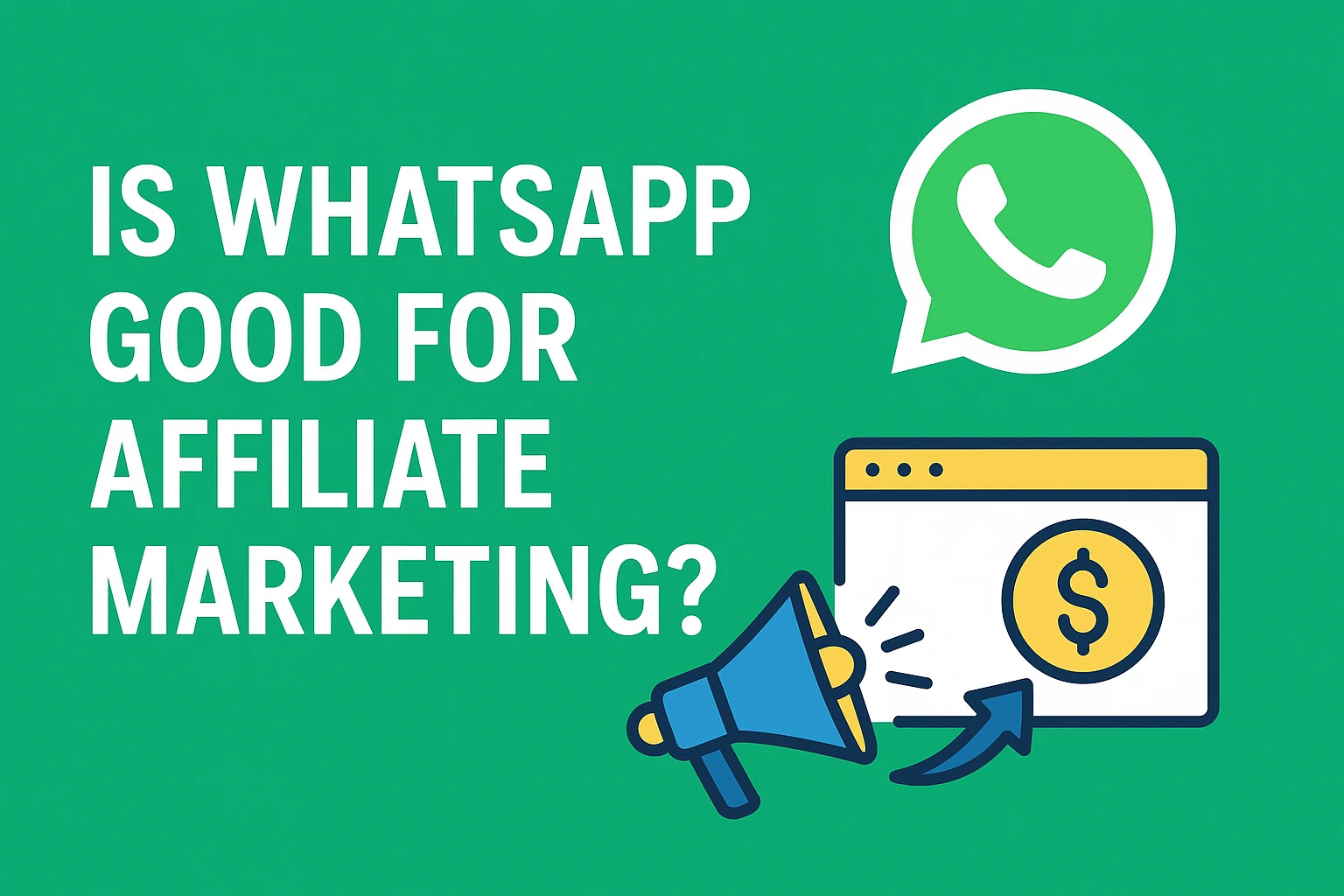
You’ve probably used WhatsApp to send memes, chat with friends, or drop a quick voice note. It’s simple, fast, and everywhere. But here’s a real question that’s been floating around in affiliate circles lately.
Can you actually use WhatsApp to make affiliate sales?
It might sound off at first. WhatsApp doesn’t work like a blog or a YouTube channel. There’s no content feed, no search engine visibility, and definitely no built-in way to run ads. You can’t just post and wait for traffic. It’s a private messaging app. So how could it possibly help with affiliate marketing?
That’s where it gets interesting.
Some marketers are quietly using WhatsApp to drive real sales, build stronger relationships with leads, and even close higher-ticket offers. But it’s not as easy as blasting out links or dropping into random groups. There’s a right way to do it, and a fast way to get banned or ignored.
If you’re wondering how WhatsApp fits into your affiliate marketing strategy—or if it’s even worth your time—you’re in the right place.
In this post, I’ll break down what actually works, what to avoid, and what most people won’t tell you until you’ve already hit a wall. We’ll look at real use cases, hidden challenges, and how to use WhatsApp the smart way without annoying your contacts or breaking platform rules.
📌Key Takeaways
- WhatsApp gets high open rates but isn’t built for large-scale affiliate campaigns.
- People expect personal value on WhatsApp, so trust is everything.
- Sending spammy affiliate links can get you ignored or banned fast.
- It works best for small, engaged audiences who know and trust you.
- You’ll get better results by sharing helpful content before any affiliate link.
- Some links get blocked on WhatsApp, so always test them before sending.
- Use WhatsApp as a support channel alongside email or Telegram, not a replacement.
Why Marketers Are Looking at WhatsApp for Affiliate Sales
Let’s start with what makes WhatsApp hard to ignore.
Over 2 billion people use it monthly. It’s one of the most active messaging platforms in the world. But more important than the number is how people use it.
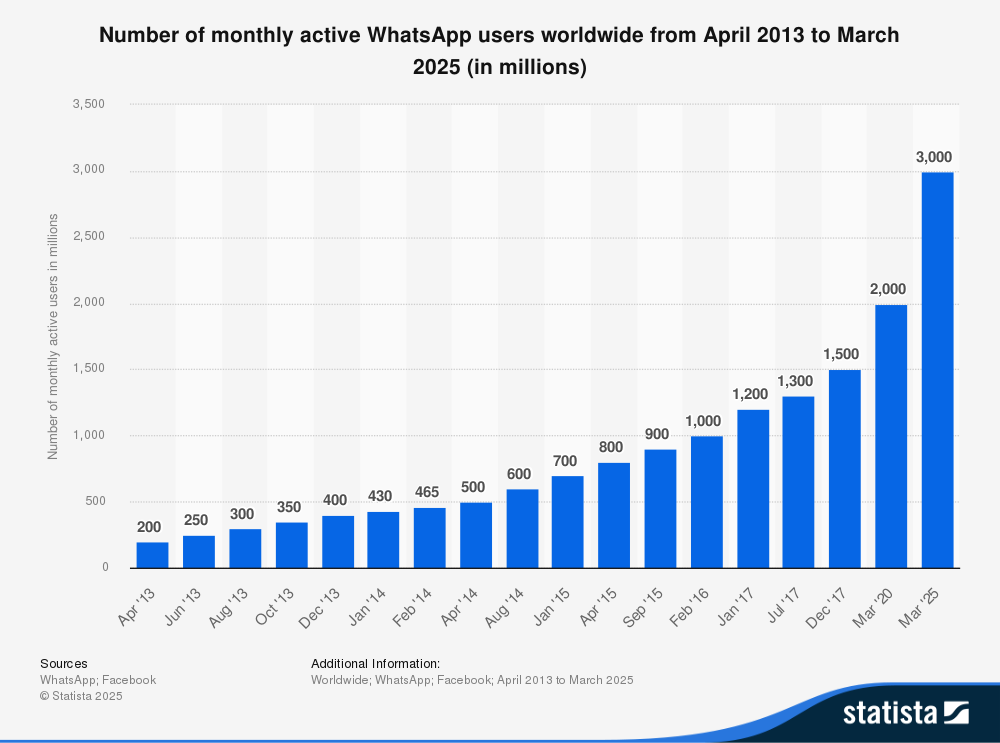
Messages on WhatsApp get opened fast—over 90 percent within minutes. Compare that to email, where open rates often sit around 20 to 30 percent, if that.
Most people check WhatsApp dozens of times a day without even thinking about it. It’s muscle memory at this point. No inbox filters. No junk folder. Just a direct line to their attention.
That kind of access sounds perfect for affiliate marketing, right?
Well, not exactly.
The big challenge is that WhatsApp wasn’t built for marketing. There’s no “creator mode,” no way to schedule content, no organic reach strategy. And if you come off even a little spammy, you’ll get blocked or reported in seconds.
It’s private. Personal. You’re not broadcasting—you’re showing up in someone’s pocket.
That’s why most affiliate marketers stay confused. They see the potential but don’t know how to use it without annoying people or getting flagged.
This post fixes that.
How WhatsApp Works for Affiliate Marketing (And Where It Fails)
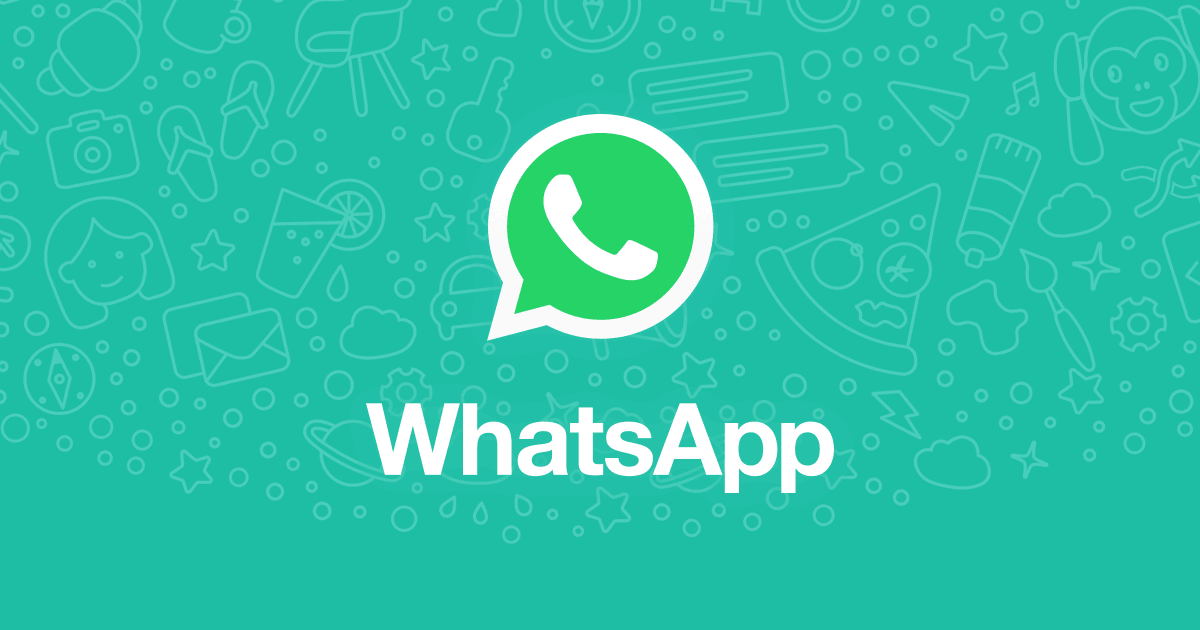
WhatsApp feels personal—because it is. Messages land directly in someone’s pocket. No noise. No distractions. That 1:1 access builds trust fast. If you’ve already got a warm audience, you can use WhatsApp to answer questions, share tips, and guide them toward your affiliate links in a natural way.
But it’s not built for discovery. Unlike blogs, YouTube, or even Instagram, people can’t stumble on your content. There’s no search engine to boost visibility. You have to bring people in yourself manually.
And then there’s scale. WhatsApp doesn’t let you message thousands at once unless you build and manage groups or broadcast lists, which come with their own limits and risks. It’s great for small lists. Not for mass traffic.
Another problem is tracking. You won’t get the kind of detailed click data you’d see with email or a website. Link tracking works, but it’s limited. And you never really know who clicked unless they reply or take action.
Finally, it lacks automation. No scheduled messages. No autoresponders. Every message feels manual, and unless you use WhatsApp Business with some smart setups, you’ll burn out trying to keep up.
So while WhatsApp gives you attention and intimacy, it makes you work for every click. It’s a high-touch channel, not a high-volume one.
5 Ways Affiliates Are Using WhatsApp (That Actually Work)
Even with all the rules and limits, WhatsApp still works when you use it the right way. These aren’t hacks—they’re simple, smart ways affiliates are building trust and making sales without getting flagged or ignored.
1. Broadcast lists that feel personal, not pushy
Instead of dumping everyone into a noisy group, smart affiliates create broadcast lists. These let you message many people at once without them seeing each other. The trick is to send value-first messages and only promote when it fits.
If your contacts saved your number and know who you are, your messages feel personal, not like spam.
Example: “You mentioned needing a content planner. Here’s a free one I use, plus a tool that makes it 10x easier.”
2. Support follow-ups that lead to affiliate clicks
If someone asks you a question about a product—say, pricing, features, or how to use it—you can follow up with a helpful answer and your affiliate link. Since the person already reached out, your reply feels like support, not a pitch.
Example: “Here’s the tool I mentioned. I use the Pro plan—it’s worth it for scheduling content in advance.”
3. Lead magnets delivered straight through WhatsApp
You offer a checklist, ebook, or tutorial, and deliver it via WhatsApp. Inside that freebie, you add affiliate links naturally—like in tool recommendations or bonus tips. It’s upfront value, followed by helpful nudges toward the product.
Example: “Grab my free Notion template for budget tracking. I’ve added the tool I use for auto-updating expenses—it’s linked inside.”
4. VIP-style WhatsApp groups with curated deals
This isn’t a public promo group. It’s a small invite-only chat where people get real value—like updates, quick tips, or deals. If you keep it useful and light on links, people stay. When they trust you, they click.
Example: A “Freelance Tools Club” where you post 1–2 helpful tools per week, including affiliate links, but also tips on how to use them well.
5. One-on-one consults that guide people to the right offer
If you’re in a niche that needs more explanation—like SEO tools, investment platforms, or design software—you can offer mini-consults through chat or voice. After listening, you recommend the best tool (with your link). Since the advice is personal, the link feels like part of the solution, not a sales push.
Example: A short back-and-forth: “I’m looking for a beginner-friendly email tool.” You reply: “For where you are, I’d skip X and go with this—it’s easier to set up and has a solid free plan.”
Done right, all five of these feel like service—not sales. That’s why they work so well on WhatsApp. You’re not pushing. You’re showing up, solving problems, and making it easy for people to act.
Common Pitfalls No One Talks About
At first glance, WhatsApp feels like an easy win for affiliate marketing. It’s fast, direct, and personal. But if you treat it like email or a Facebook group, you’ll hit walls quickly.
Here’s what often goes wrong and how.
1. WhatsApp bans your number if you push the wrong way
WhatsApp has a Business Policy that many affiliates ignore or don’t even know exists. If you start messaging random numbers, even if they’re leads from a funnel or past customers, WhatsApp sees that as unsolicited contact.
Do this too often, and you’ll get a warning. Keep going, and your number gets banned—no appeal, no second chances.
Let’s say you collect 300 leads from a landing page and dump them all into a broadcast list. You send one generic promo message with your affiliate link. If even a few people report you as spam or block you, WhatsApp flags your number.
Now imagine you’ve linked this number to your business card or client support—you lose that channel instantly
2. People leave your groups if they feel baited or bombarded
WhatsApp groups only work when there’s a reason to stay. If you add people without asking or keep pushing affiliate links every day, they’ll leave—sometimes within minutes. Worse, they might report the group, which triggers further warnings for your account.
For instance, one affiliate added 50 leads from a freebie giveaway into a “Deals Group” and posted five different product links over two days. By day three, only 17 people were left. No interaction. No sales. People joined for value—not constant promos
3. Shortened links often get blocked or ignored
Tools like Bitly or TinyURL might save space, but WhatsApp’s filters sometimes flag them—especially if those links have been overused or lead to affiliate-heavy pages. Some users are also skeptical of short links and won’t click at all.
For example, you send this: “Check out this amazing offer: bit.ly/xyzfree.” On your screen, it looks fine. On their end, the link doesn’t load, or WhatsApp flags it with a warning. Or worse—users think it’s a phishing scam. Even if it’s legit, it hurts trust.
To fix this, use direct product links where possible. Or build a short redirect page on your own domain (like affiliatev.com/tools), so the link looks clean and branded.
4. Cold messages with links get you blocked fast
Imagine a stranger texting you, “Hey! You need to check this product—it changed my life!” Would you trust that? Probably not. That’s how cold links feel on WhatsApp. People don’t want surprise promotions, especially in an app they use to chat with friends and family.
Example:
An affiliate scraped numbers from a Facebook group and sent messages like:
“Hi! I saw you were into fitness. Try this fat burner (affiliate link).”
The result? Dozens of blocks, no replies, and one banned account within 48 hours.
The solution to this is to start with real engagement. Ask questions. Share a free resource. Build trust. Then share your link in context—like, “Since you asked about budgeting tools, here’s one I actually use myself.”
5. Mixing personal and promo messages creates confusion
Many affiliates use one WhatsApp number for everything—chatting with family, friends, leads, and customers. That sounds efficient but creates chaos. You might accidentally send a promo to a friend or respond casually to a lead who was expecting help.
For instance, you get a message: “Hey, is this still available?”
You reply: “Who dis?” thinking it’s a prank. Turns out it’s someone from your affiliate funnel. Now the deal’s gone cold, and they think you’re unprofessional.
To fix this, use WhatsApp Business. You can organize chats with labels (like “hot leads,” “follow-up,” or “buyers”), set auto-replies, and create product catalogs. It helps you stay sharp—and look serious.
6. No built-in analytics makes testing tough
Unlike email platforms, WhatsApp doesn’t show you open rates or how many people clicked your link. You’re left guessing. The only way to know what works is by tracking responses manually or using link tracking tools.
Example:
You send three versions of a promo to different people:
– “Check out this tool”
– “Here’s a free tool I recommend”
– “I use this daily—it saves me time”
You get a few clicks, maybe a sale. But unless people tell you directly, you won’t know which message worked better.
Instead, use unique links for each version with tools like Switchy or Pretty Links (hosted on your own domain). Then track which gets clicked and refine your approach.
WhatsApp works when it feels human—conversational, helpful, and personal. Treat it like a one-way sales blast, and it’ll backfire. Treat it like a real relationship, and people listen.
Is WhatsApp Still Worth It? Here’s When It Makes Sense
The answer is yes—but only in the right context. WhatsApp isn’t built for mass marketing. But if you use it like a trusted one-on-one channel, it can work surprisingly well. Here’s when it makes sense, and when it doesn’t.
✅ Yes, if you’re:
Selling info products
Courses, guides, or templates do well here—especially if you’re the face behind them. People love asking quick questions before they buy. If you’re available to respond or follow up with value, sales happen fast.
Promoting local services
If you’re an affiliate for things like local training, workshops, or service platforms (think appointment booking tools, fitness apps, etc.), WhatsApp fits naturally. Locals prefer chatting here over emails or websites.
Building a micro-community
WhatsApp works best when your list is small and engaged. If you’re building a tight-knit group—like 50 to 200 people—you can offer direct help, share deals, and create real conversation. That leads to more trust and more clicks.
🚫 No, if you rely on mass cold outreach
If your entire strategy is to blast affiliate links to random people hoping for clicks—don’t use WhatsApp. You’ll get blocked, reported, and maybe banned. WhatsApp is not built for cold traffic. It’s a relationship tool, not a megaphone.
Quick Checklist: Should You Use WhatsApp for Affiliate Marketing?
Not sure if WhatsApp fits your strategy? Run through this quick checklist to see if it’s worth your time or a distraction.
✅ You already have a warm audience (email list, blog readers, IG followers)
✅ You promote products that need explanation or personal trust
✅ You enjoy chatting or giving one-on-one help
✅ You’re focused on quality conversations, not blasting strangers
✅ You use WhatsApp to support your main content or email strategy
🚫 You rely on cold traffic or mass DMs
🚫 You want to automate everything with little to no effort
🚫 You don’t have time to reply to messages or engage
🚫 You’re only pushing links with no real context or value
Conclusion: So, Is WhatsApp Worth It for Affiliate Marketers?
If you treat WhatsApp like a trust-building tool—not a spam machine—it can work well. It’s not built for scale, but it shines in small, personal conversations where people feel safe asking questions and getting real answers.
Use it alongside a solid lead magnet funnel. Capture emails first, then invite your most engaged leads into your WhatsApp list. From there, you can guide them, help them decide, and share affiliate links when it makes sense.
Done right, WhatsApp won’t just drive clicks—it’ll build real relationships that lead to repeat sales.
Frequently Asked Questions
Can I use WhatsApp to send affiliate links directly?
Yes, but do it with care. WhatsApp is a personal space—people don’t expect random sales messages. You can send affiliate links, but only after building a relationship. For example, if someone asks about a tool you use, that’s your moment to share the link. Blasting cold links to new contacts will get you blocked. The key is relevance. Be helpful first, then share the link as part of a real conversation—not the entire conversation.
Is it legal to do affiliate marketing on WhatsApp?
Yes, affiliate marketing is legal on WhatsApp, but that doesn’t mean you can message anyone at random. WhatsApp has rules in place to stop spam, especially with business accounts. Their Commercial Policy restricts mass messaging to people who haven’t opted in. So, even if your intent is honest, you’ll run into trouble if you blast links to strangers. Always make sure the person wants to hear from you. Better yet, get them to join your list or group first.
What type of affiliate offers work best on WhatsApp?
Offers that involve trust and explanation tend to perform best. For example, digital courses, software tools, coaching services, or local business referrals. These aren’t impulse buys—they need conversation, clarification, and sometimes a bit of hand-holding. That’s where WhatsApp shines. Let’s say you’re promoting a course—you can share a short success story, answer a few questions, then drop your link naturally. Products that solve a clear problem work best, especially if you’ve used them yourself and can explain the benefits firsthand.
Are WhatsApp groups effective for affiliate marketing?
Yes, but only if done right. Most groups fail because they turn into spam zones fast. The ones that work feel like small VIP communities. Keep them focused on one topic—like tools for freelancers or side hustle ideas. Share helpful tips, answer questions, and drop affiliate links sparingly, only when it fits the conversation. Think of it like hosting a dinner party. If all you do is pitch people, they’ll leave. But if you add value, they’ll stick around and trust your recommendations.
Can WhatsApp replace email marketing?
No, it can’t replace email—but it can work alongside it. Email gives you broad reach, automation, and room for long-form content. WhatsApp is better for short, personal updates and quick follow-ups. Here’s the smart play: use email to deliver your main content or lead magnet, then invite your most engaged readers to join your WhatsApp list. That way, you follow up with your hottest leads in a more personal space. Email brings them in, WhatsApp helps you close the loop.

